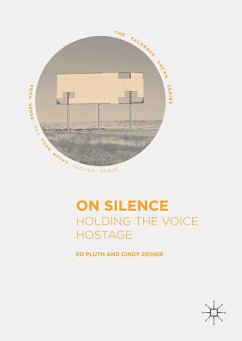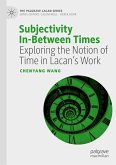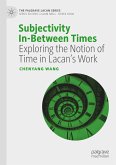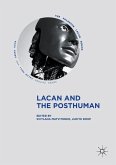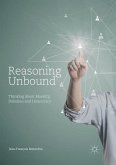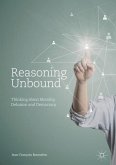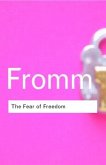This book promotes a Lacanian approach to silence, arguing that Lacanian psychoanalysis is distinctive for putting a high value on both silence and language. Unlike other disciplines and discourses the authors do not treat silence as a mystical-impossible beyond, at the cost of demoting the value of language and thought. Rather than treating silence with awe and wonder, this book puts silence to work, and it does so in order to deal with the inevitable alienation that comes with becoming speaking-beings. This illuminating book will be of great interest to scholars of Lacan and the psychosocial, as well as more broadly to philosophers and linguists alike.
Bitte wählen Sie Ihr Anliegen aus.
Rechnungen
Retourenschein anfordern
Bestellstatus
Storno

